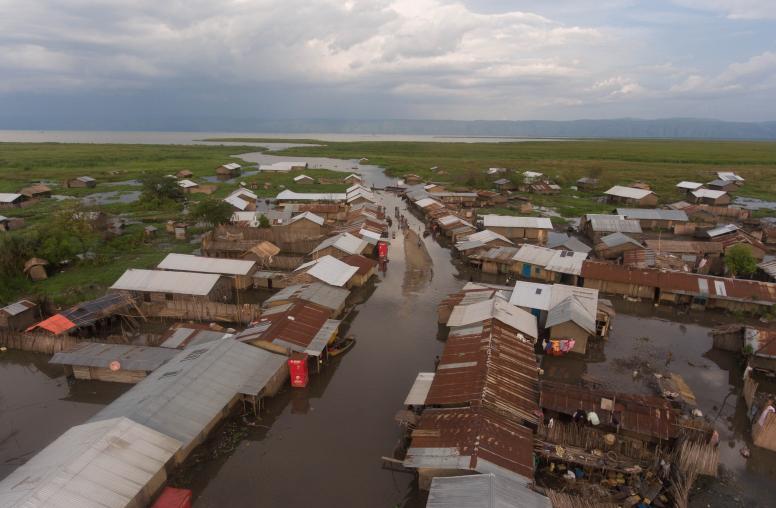"Children of War"
"Children of War" explores the rehabilitation process in northern Uganda for child combatants, and follows three children, two boys and one girl. Nyero, Akulu and Polycap have all been victims and perpetrators of violence, as most child soldiers are.
Read the event analysis, “Children of War” Screening at United Nations Spotlights Efforts to Aid Child Soldiers
Since 1986, the violent conflict in northern Uganda has claimed more than one million lives and has forced tens of thousands of children to serve as soldiers, domestic servants, and "wives" of rebel leaders. Many have been forced to commit unspeakably brutal acts and been injured by other children, or both. While serving the Lord’s Resistance Army in this conflict, child combatants learned that the more violent acts they committed, the greater their privileges and rewards. So for those that manage to escape, how do they adjust to "normal" life?
"Children of War" explores the rehabilitation process in northern Uganda for child combatants, and follows three children, two boys and one girl. Nyero, Akulu and Polycap have all been victims and perpetrators of violence, as most child soldiers are. Filmmaker and producer Bryan Single, who spent three years living in Uganda working on the project, will be on hand for discussion after this first east-coast screening of "Children of War." USIP program officer David Smith will moderate questions from the audience and share his own insights from working with child soldiers.
Speakers
- Bryan Single
Filmmaker and Producer, "Children of War" - David Smith, Discussant
Senior Program Officer, United States Institute of Peace



